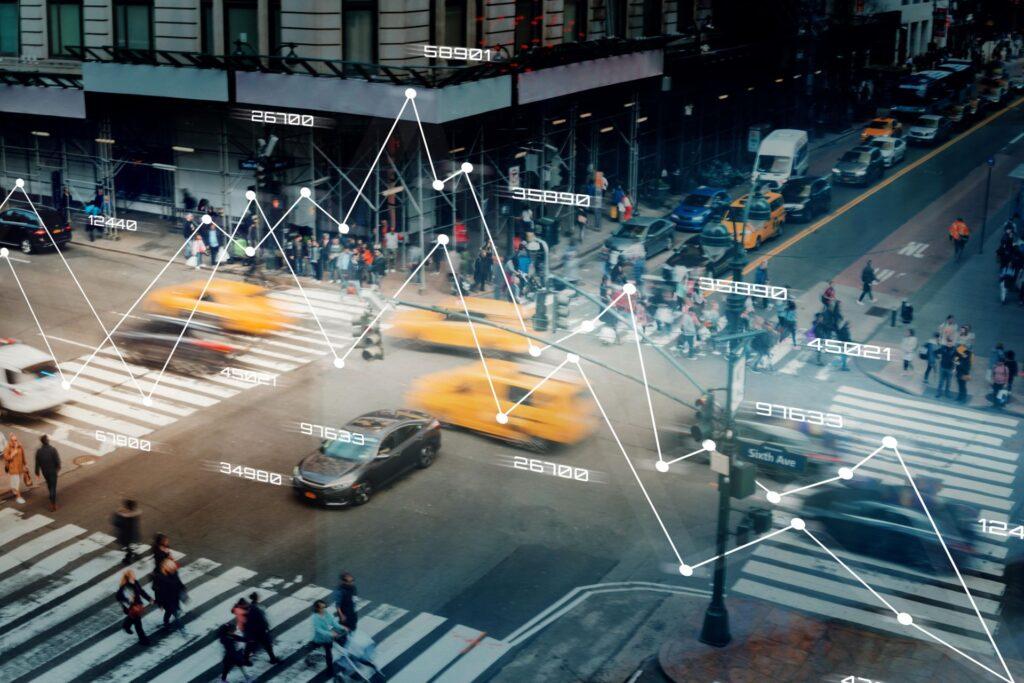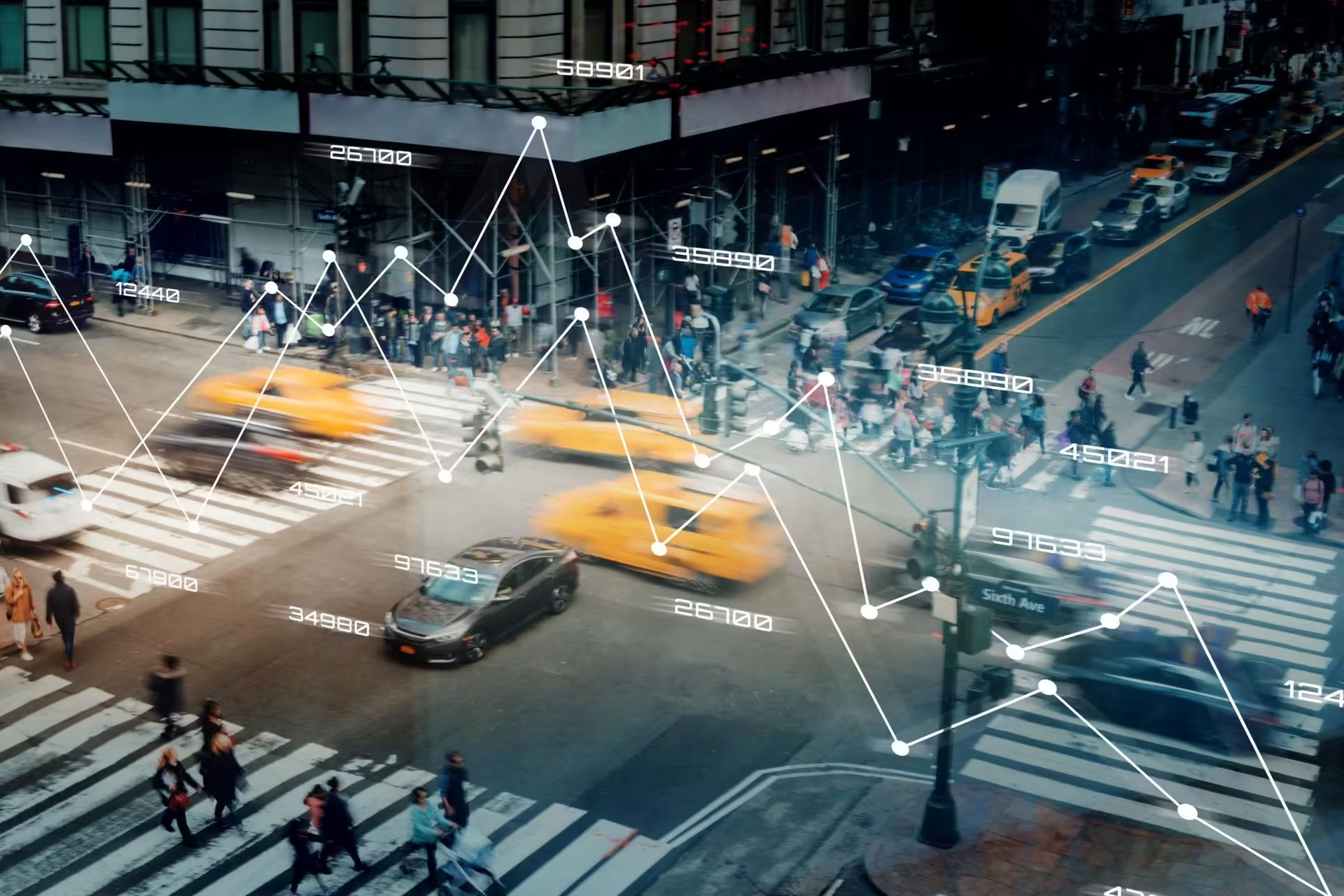The future of IoT (Internet of Things) is indeed promising and holds the potential to revolutionize various industries and our daily lives. As a blogger and YouTuber with an interest in earning money tips, you may find valuable content opportunities in exploring and discussing the following aspects of the future of IoT:

Don’t have to be a fortuneteller to predict the future of IoT
Before we talk about the future of IoT let us go through the definition and the current trends in IoT technology as of 2023. At its core, IoT refers to the interconnection of everyday objects, devices, and systems through the internet, enabling them to collect, exchange, and analyze data. This connectivity empowers us to monitor and control various aspects of our lives remotely, from smart homes and wearable devices to industrial machinery and city infrastructure. The essence of IoT lies in the seamless communication between objects, humans, and applications, making our environments smarter, more efficient, and ultimately, more convenient.
As of now, IoT has already permeated various sectors, ushering in a new era of possibilities. Industrial IoT (IIoT) has transformed manufacturing processes, optimizing production, predictive maintenance, and supply chain management. Smart cities utilize IoT to enhance urban living by improving traffic flow, energy consumption, and public services. Healthcare has also embraced IoT, with wearable devices monitoring vital signs and providing early warnings for potential health issues. Agriculture, retail, and transportation are just a few more examples of sectors benefiting from IoT integration.
The proliferation of IoT devices and the exponential growth of data generated by them have led to several trends and developments. Edge computing has gained prominence, enabling data processing closer to the source, reducing latency, and enhancing real-time decision-making. AI and machine learning are employed to extract insights from vast datasets, empowering businesses and individuals with valuable information. Furthermore, the rise of 5G networks promises higher bandwidth and lower latency, catalyzing the growth of IoT applications, and creating the foundations of the future of IoT.
- Industry-Specific Impacts: You can create content that delves into how IoT is transforming specific industries, such as healthcare, manufacturing, agriculture, and transportation. Discuss the challenges, benefits, and opportunities IoT brings to each sector.
- Emerging Technologies: Cover the technological advancements that are shaping the future of IoT, including edge computing, AI and machine learning, 5G networks, and their applications. Explain how these technologies are driving IoT innovation.
- Smart Cities: Explore how IoT is making urban living more efficient and sustainable. Discuss smart traffic management, waste optimization, energy efficiency, and how these advancements can improve the quality of life in cities.
- Healthcare Revolution: Dive into the impact of IoT on healthcare, including wearable devices, remote patient monitoring, and AI-powered diagnostics. Discuss how these technologies are reshaping the healthcare industry and improving patient care.
- Agricultural Innovation: Highlight the concept of precision farming and smart agriculture, showcasing how IoT sensors and data-driven insights are optimizing crop yield and resource utilization. Discuss the potential benefits for food production and sustainability.
- Security and Privacy: Discuss the security challenges of IoT and how businesses and individuals can protect themselves from potential cyber threats. Offer tips on ensuring the safe use of IoT devices.
- Business Preparation: Share insights on how businesses can prepare for the future of IoT, including the importance of data strategy, security measures, and the need for scalable infrastructure. Discuss the benefits of collaboration and partnerships in the IoT ecosystem.
- Customer-Centric Approach: Emphasize the importance of providing value to customers through IoT solutions. Explain how businesses can personalize offerings based on IoT-generated insights to enhance customer experiences.
- Environmental Considerations: Address the environmental impact of IoT, including electronic waste and energy consumption. Discuss sustainable design practices and responsible disposal methods.
- Financial Planning: Offer guidance on financial planning for IoT initiatives, including budget allocation for hardware, software, talent acquisition, and long-term ROI considerations.
- Change Management: Discuss how organizations can navigate the transition to an IoT-driven business model, including change management strategies and the importance of communication and training.
- Monitoring and Optimization: Highlight the importance of measuring KPIs and optimizing IoT implementations to continually improve efficiency, cost savings, and overall performance.

